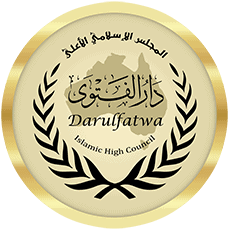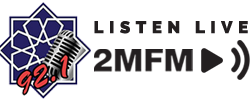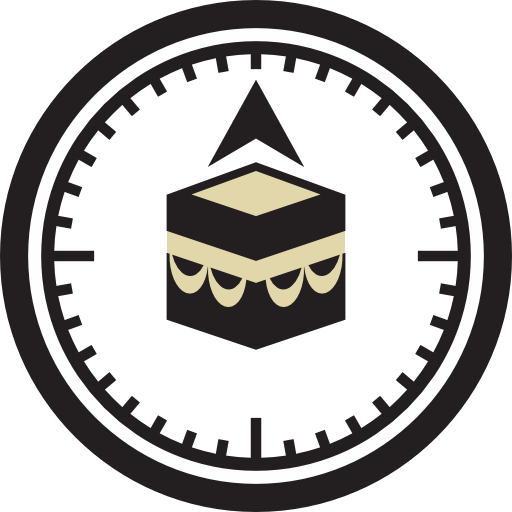Tabarruk
Seeking Blessings from the relics of the Prophet (Tabarruk)
Allah, the Exalted, put a blessing in the self, doings, sayings, and relics of the Prophet, sallallahu ^alayhi wa sallam. The Companions, may Allah raise their ranks, used to seek blessings from the relics of the Prophet during his lifetime and after his death. Following their example, Muslims of today continue to do the same. There are several proofs that make us know that seeking benefit from the relics of the Prophet (tabarruk) is permissible.
Narrations from Bukhariyy and Muslim confirm that during the last Pilgrimage performed by the Prophet (Hijjat-ul- Wada^), the Prophet distributed his shaved hair. He shaved the right side of his head and gave his hair to Abu Talhah al-Ansariyy; then he shaved the left side of his head, gave the hair to Abu Talhah, and told him to distribute it among the people. Some received one hair, others two, and so on.
The Prophet personally handed some of his hair to people near him, including Umm Sulaym (one of the female Companions) and Abu Talhah, for them to distribute among the people. In this way, the hair of the Prophet was spread in the Muslim countries. The Prophet distributed his hair among the people in order for them to seek blessings (barakah) from it. Clearly this indicates the permissibility of seeking benefit from the relics of the Prophet.
The Companions sought blessings from other relics of the Prophet as well. Imam Muslim related in his Sahih that Asma’, the daughter of Abu Bakr, showed some people an article of clothing (jubbah) worn by the Prophet which had been at the house of her sister, ^A’ishah, the wife of the Prophet. When ^A’ishah died, Asma’ got the jubbah. The Companions sought the blessings from this jubbah of the Prophet by using the water in which it had been soaked to treat the sick and cure his illness.
At-Tabaraniyy and Imam Ahmad narrated from the route of Ibn Hadhyam that he went with his grandfather, Hadhyam, to the Prophet. Hadhyam said to the Messenger of Allah: “I have sons and grandsons, some of whom are pubescent and others still children.” Pointing to the young child next to him, he said: “This is the youngest.” The Prophet brought this young child whose name was Handhalah next to him, passed his hand over his head, and told him, “Barakallahu fik,” which means: ‘May Allah bless you.’ After that, people started to bring Handhalah a person with a swollen face or a sheep with a swollen udder. Handhalah would place his hand on that part of his head the Prophet wiped, then touch the swollen part and say “Bismillah,” and the swelling would be cured.
Imam Ahmad was asked about touching and kissing the minbar of the Prophet for the blessing and about seeking the blessing by visiting the grave of the Prophet. He responded by saying: “This matter is not prohibited,” as was narrated by ^Abdullah, the son of Imam Ahmad, in his book titled Al^Ilal wa Ma^rifat ur-Rijal. Imam Ahmad also said it was a recommended thing to make tawassul by the Prophet when there is drought.
The aforementioned stand as a few of many documented proofs showing that the Prophet, sallallahu ^alayhi wa sallam, taught there is a benefit in seeking blessings (barakah) from the relics of the Prophets and the righteously pious Muslims and in asking Allah for things by them.
We humbly ask Allah to guide us to the right path and to make us die as pious Muslims.
And Allah knows best.






